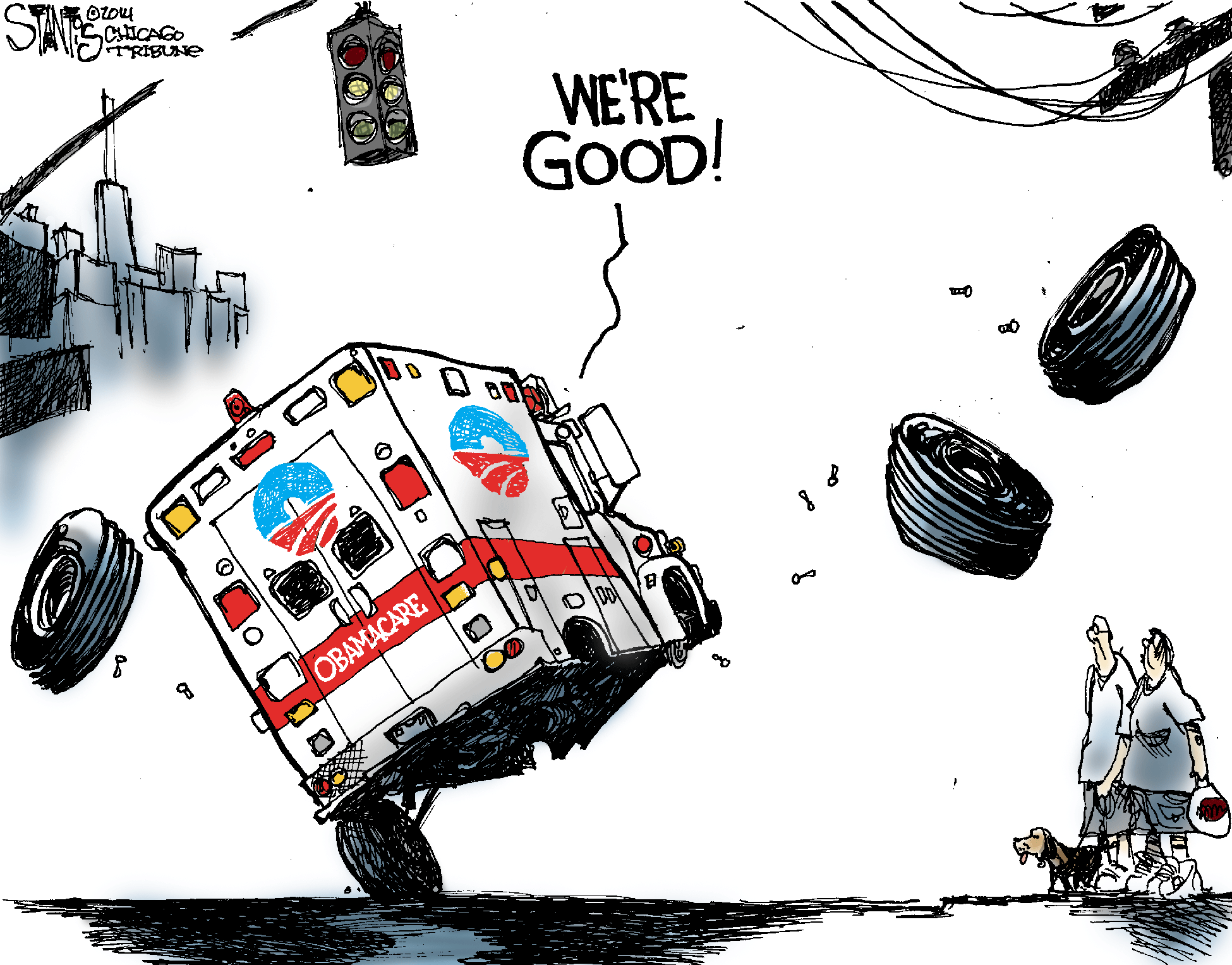QUOTE OF THE DAY
Chicago Tribune: Chicago Public Schools budget expected to be approved
Chicago’s Board of Education on Wednesday is expected to approve a $5.8 billion operating budget that for a second year cuts funds to traditional neighborhood schools while also relying on a one-time accounting maneuver to make ends meet.
Facing a deficit that this year approaches $900 million, Chicago Public Schools officials are tacking on an additional two months of property tax revenue to the 2015 budget, a one-time move that has been roundly criticized.
On Wednesday, the Civic Federation said it could not support the district’s 2015 spending plan, which it called “shortsighted” for not addressing the fiscal crisis in a more long-reaching fashion.
Greg Hinz: Watchdog group shreds Chicago public schools’ ‘gimmick-based’ budget
An already “unsustainable” financial hole at Chicago Public Schools continues to only get worse, setting the stage for “dramatic and painful” cuts next year, according to a review of its proposed 2015 budget by the Civic Federation.
The watchdog group hasn’t had much nice to say about CPS in recent years — I called its 2014 review “absolutely scathing” — but the review being released today is even more negative, depicting a system that seemingly has lost the will to do anything but spend increasing amounts of money it doesn’t have.
CPS is “fiscally overcommitting itself” and technically balancing its books only via a $600 million “accounting gimmick,” the federation says in an 85-page report on a system in charge of educating roughly 350,000 youngsters. “(The budget) represents a short-term, short-sighted plan in the midst of a grave and ongoing fiscal crisis.”
Atlas Network: In Memoriam: John Blundell (1952-2014)
The freedom movement has lost one of its most influential institution builders. Atlas Network has lost a dear friend, its past President and Board Member. John Blundell died July 22, 2014.
John Blundell spent two decades as the General Director of the Institute of Economic Affairs in London, the “grand-daddy” think tank to the Atlas Network and (in the estimation of Andrew Marr of the BBC) “undoubtedly the most influential think tank in modern British history.”
Prior to his service at the IEA, Blundell was President of the Charles G. Koch and Claude R. Lambe Charitable Foundations, aiding in their evolution into some of the most active philanthropies for the advancement of libertarian ideas.
Chicago Tribune: Emanuel on red light ticket refunds: ‘Not for me to decide’
Mayor Rahm Emanuel won’t say whether thousands of drivers who received red light camera citations during a series of suspicious ticket spikes should receive refunds for the $100 fines they have paid to the city.
The Emanuel administration has been unable to explain the sudden increases in red light tickets revealed in a Tribune investigation published Friday. Asked Tuesday whether drivers should get their money back, given the problem, Emanuel was non-committal.
“I’m not going to pre-judge stuff. That would be wrong for me to do. I’m not going to do that today,” the mayor said. “That’s not for me to decide.”
ChicagoNow: Metra can’t continue forcing riders to make up for system’s shortcomings
For the past several years, Metra officials have decided it’s OK to charge customers higher prices for worse service.
Back in November 2011, Metra officials approved the largest fare hike in the transit system’s history. That increase hiked monthly fares more than $20 for riders coming from within city limits to downtown and nearly $50 for riders commuting from Metra’s farthest stops to downtown, according to reports from the Chicago Sun-Times.
Not long after this hike took effect, Metra officials approved a fare hike for 10-ride passes in 2012. The Sun-Times reported that customers saw the price of 10-ride tickets increase “anywhere from $2.75 to $9.25, depending on the tickets’ zone, which are determined by distance.”
Fiscal Focus Magazine (by Judy Baar Topinka): Dangers Ahead
Most Illinoisians are all too aware of the state’s fiscal problems. Hardly a day goes by without a newspaper article about late state payments to businesses, the state’s pension challenges, or endless arguments among lawmakers about what programs to fund or cut. An increase in the state income tax rate in 2011 helped with the state’s cash flow issues, but it clearly didn’t solve the problem, and the rate is scheduled to drop in 2015, reducing revenue by almost $5 billio by fiscal year 2016.
So what’s the solution?
Chicago Sun Times: Group unveils plan to raise fares, boost cabdrivers’ income
Mileage and waiting times that drive up Chicago taxicab fares would rise by 25 percent under a 10-point plan proposed Monday to put more money into the pockets of struggling cabbies.
“We’re trying to fix a broken taxi industry. Drivers are not making enough money and they see the city and big companies using us like an ATM machine by over-fining, over-ticketing and freezing fares for nine years,” said Peter Enger, secretary of the United Taxidrivers Community Council.
“The taxi industry is losing drivers because of lack of income and over-regulation. Those are the two messages. If the city doesn’t respond, we’ll see a continual deterioration in the services the taxi industry can provide to the riding public.”
Wall Street Journal: Heading Off the Entitlement Meltdown
This year’s budget deficit of “only” $500 billion has brought some complacency on federal spending and deficits. It shouldn’t. The Congressional Budget Office’s long-term budget outlook released on July 15 shows a $40 trillion increase in debt over the next two decades.
While a $500 billion deficit is welcome compared with the $1.4 trillion peak in 2009, the decline is temporary. The CBO’s other, more realistic “alternative baseline,” which assumes Congress continues current policies, projects new debt of $10 trillion over the next decade, followed by $100 trillion over the subsequent two decades. Consequently, the CBO simply stops calculating the national debt after 36 years. Apparently its models cannot conceive of a functioning economy.
And that’s the rosy scenario: It assumes no more recessions, wars, terrorist attacks or natural catastrophes, and that interest costs on the national debt will be permanently held down by near-record low interest rates; also that certain ObamaCare price controls widely derided as unrealistic will continue forever.
CARTOON OF THE DAY

